
The wizarding world of Harry Potter, a cultural touchstone for generations, is once again making headlines, but not for the magic audiences have come to cherish. Recent casting announcements for an upcoming Audible book series have reignited a deeply sensitive debate, placing beloved actors at the center of a swirling controversy surrounding the franchise’s creator, J.K. Rowling. This situation underscores a growing tension within the entertainment industry: how to reconcile artistic appreciation with ethical concerns, particularly when the views of a creator clash with the values of a significant portion of their audience.
The decision by prominent figures such as Keira Knightley and Kit Harington to join these new adaptations has sparked a significant backlash, particularly from the LGBTQ+ community and its allies. For many, these projects represent a further endorsement of Rowling’s publicly stated opinions on transgender people, which have been widely criticized as transphobic. The controversy is not merely a “very online conversation,” as one executive suggested, but a profound struggle over representation, inclusion, and the responsibility of public figures in an increasingly polarized world.
This article will delve into the multifaceted dimensions of this backlash, exploring the specific casting decisions, the historical context of J.K. Rowling’s statements, and the passionate reactions from fans who feel a deep sense of betrayal. We will scrutinize the implications for the actors involved, particularly Keira Knightley, whose past advocacy for the LGBTQ+ community makes her involvement particularly poignant for many. The Harry Potter narrative, priding itself on themes of love and self-acceptance, is now inextricably linked with a real-world conflict that challenges these ideals.
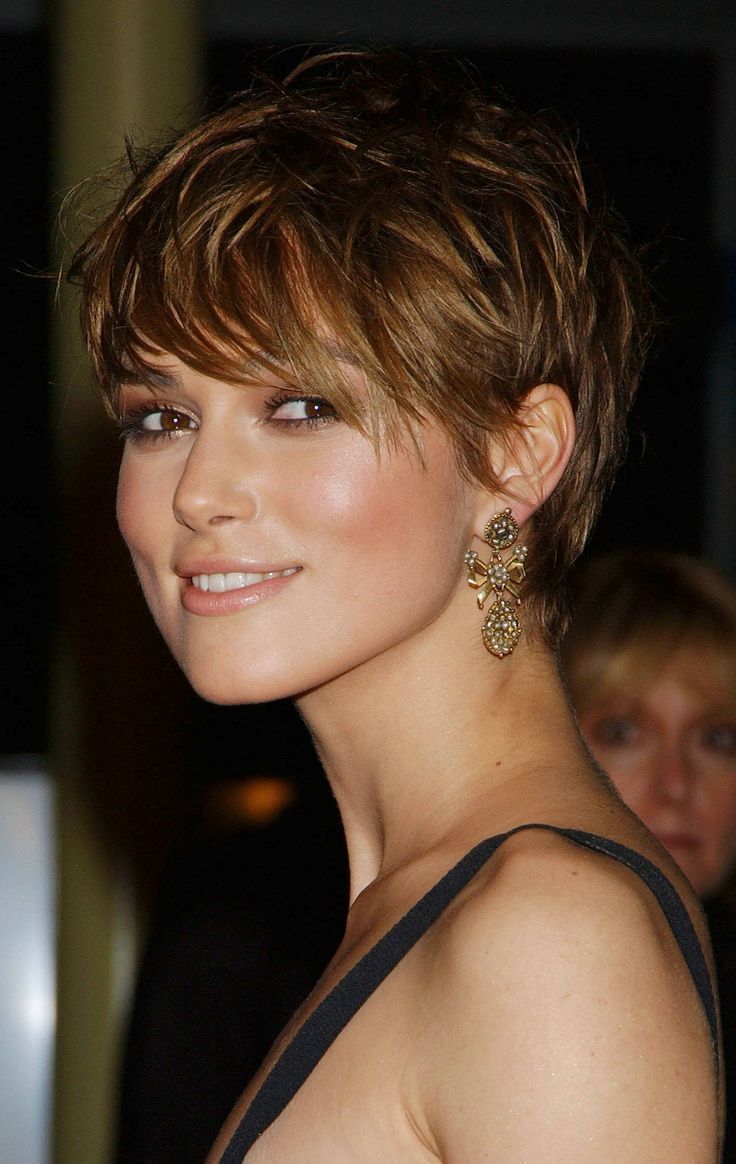
1. **Keira Knightley’s Casting as Professor Umbridge in the Audible Series**
The announcement that acclaimed actress Keira Knightley would lend her voice to the universally despised character of Professor Umbridge in the forthcoming Harry Potter Audible book series sent shockwaves through a significant segment of the fandom. For many, this casting was not just another celebrity joining a high-profile project; it was perceived as a particularly “soul-crushing” development, one that could not be “magically brush[ed] aside.” The role itself, embodying a character known for her cruel and prejudiced ideology within the wizarding world, ironically amplified the real-world concerns of those feeling targeted by the author’s views.
Knightley’s involvement is part of a larger, ambitious project: a seven-part audiobook series adapting the original wizarding franchise. This endeavor boasts an ensemble of more than 200 actors, including some of the most esteemed talents in the business. Names like Hugh Laurie and Matthew Macfadyen have also been confirmed, signaling a star-studded production intended to captivate listeners globally. However, for many, the prestige of the cast is overshadowed by the ethical dilemma inherent in contributing to a franchise associated with views they find deeply harmful.
The particular sting of Knightley’s name on the list, as one commentator expressed, was “a particularly sharp knife through the heart.” This visceral reaction stems from a profound sense of loss, a grieving for the connection fans had felt with an actress who, until now, had strong ties to the LGBTQ+ community. Her decision to participate in a project that will “further line her pockets” has been interpreted by some as a tragic demonstration that “even the stars who appear to have the most unwavering morals and unshakeable voices of allyship can be bought out.”
Many articulate concern that “trans people who have the most to lose” from such endorsements. The financial success of these adaptations directly benefits J.K. Rowling, enabling her to continue using her platform for views detrimental to the transgender community. For many fans, Knightley’s participation is thus not a neutral artistic choice but an active contribution to a system they believe perpetuates harm against a marginalized group.

2. **Kit Harington and the Wider Ensemble of Esteemed Actors**
Keira Knightley is not alone in joining the extensive cast of the new Harry Potter Audible series. The latest casting announcement also features “Game of Thrones icon Kit Harington,” alongside “Luther villainess Ruth Wilson, and One Day’s leading lady Ambika Mod.” These actors are widely respected for their craft, and their inclusion speaks to the high production value and ambition behind the audiobook adaptation. For many casual listeners, such a roster of talent would be a cause for excitement and anticipation.
However, the presence of these esteemed actors, including Harington, does not mitigate the concerns of those protesting the project. While the backlash has often centered on Knightley due to her prominent history of allyship, the involvement of any actor of significant public standing is scrutinized. The argument is that by lending their voices and their names to the project, they are implicitly, if not explicitly, endorsing or at least normalizing the financial benefit to J.K. Rowling, regardless of their personal views on the trans community.
The collective power of “more than 200 actors,” including household names like Hugh Laurie and Matthew Macfadyen, creates an undeniable cultural weight for the Audible series. This broad ensemble, while a testament to the franchise’s enduring appeal and the quality of the production, paradoxically heightens the stakes for those who view its existence as problematic. It reinforces the idea that, despite significant public outcry, the entertainment industry is willing to move forward with projects tied to controversial figures if the commercial potential is high enough.
The diverse backgrounds and fanbases of these actors mean that the controversy extends beyond just one individual’s decision. It becomes a systemic issue where the talent and influence of many are pooled into a venture that some perceive as actively harmful. The questions raised are not just about individual morality but about collective responsibility within the industry and the power dynamics at play when large franchises and lucrative deals are on the table.
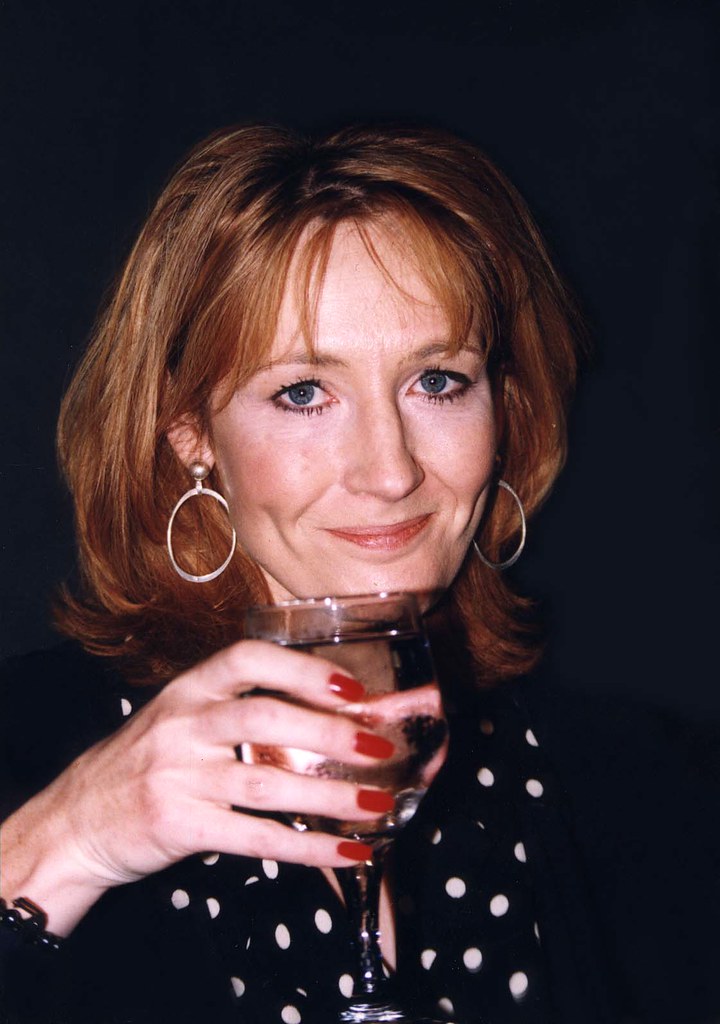
3. **J.K. Rowling’s Stance on the Trans Community and Its Impact**
At the heart of the backlash against new Harry Potter adaptations lies the widely publicized and often condemned stance of author J.K. Rowling on the trans community. For several years, Rowling “has made no secret of her feelings towards the trans community,” frequently expressing opinions that have been met with widespread criticism. These comments, disseminated across various online platforms, have included assertions such as there “are no trans kids” and that “no child is ‘born in the wrong body’.”
These statements are not merely abstract philosophical points; they carry significant weight and are perceived by many as deeply harmful. As one commentator stated, these are “cruel comments in line with an archaic interpretation of womanhood.” Such remarks, coming from an author whose works are beloved by millions and often championed for their messages of acceptance and fighting prejudice, have created an immense rift within her readership and the broader public. The perception is that her words actively invalidate the lived experiences and identities of transgender individuals.
The impact of Rowling’s views extends beyond online debate, contributing to a climate where, as an executive director for The National Center for Transgender Equality observed, “celebrities expressing anti-trans sentiments online and through their work can send a message that it’s OK to target trans people in the real world.” The “stakes are high,” and the words of influential figures can have tangible, negative consequences for real people.
For many, supporting projects that financially benefit Rowling is therefore seen as complicity in the dissemination of these harmful views. The outrage sparked by new adaptations stems directly from the belief that continuing to “further line her pockets” enables her platform and perpetuates the message that “those who are unfamiliar with real transgender people can’t see or understand how harmful their words and actions are to these real people.” This directly links the commercial success of the franchise to the perceived harm caused by the author’s statements.
Read more about: Sir Michael Gambon, the Distinguished Actor Who Enchanted Audiences as Dumbledore, Dies at 82: A Legacy of Stage and Screen Mastery
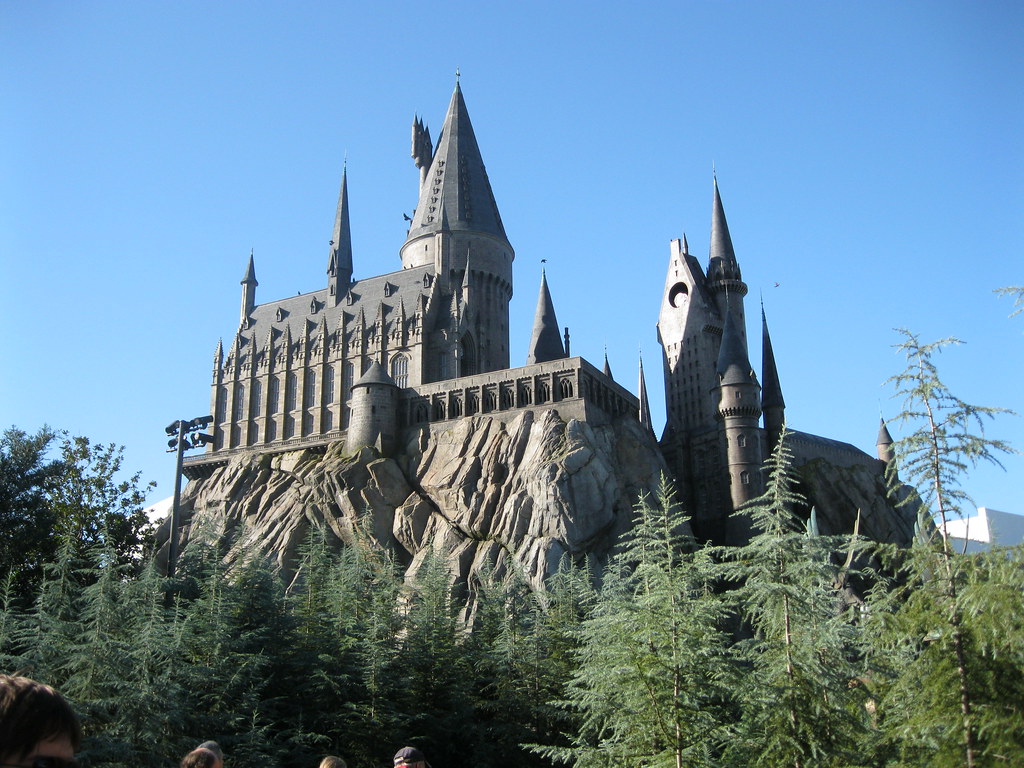
4. **The Outrage and Alienation of Loyal Fanbases**
The involvement of prominent actors in new Harry Potter projects, in light of J.K. Rowling’s controversial views, has undeniably “sparked outrage,” leading to the alienation of once “fiercely loyal fanbases.” This phenomenon illustrates a significant shift in consumer and fan behavior, where ethical considerations are increasingly intertwined with cultural consumption. For many, the simple enjoyment of a beloved franchise is no longer possible without addressing the moral implications of its creation and ongoing production.
The depth of this alienation is profound, extending to individuals who have found comfort and identity within the Harry Potter universe for decades. The feeling among these alienated fans is that celebrities “seemingly selling out the trans community” by participating in these projects is an unforgivable act. This sentiment is rooted in the belief that supporting the author, even indirectly through work on an adaptation, undermines the very community that many of these actors had previously claimed to champion.
Social media has become a primary arena for this expression of dissatisfaction. Following the announcement of Max’s new Harry Potter TV series, fans were quick to voice their “dissatisfaction with the series’ endorsement of Rowling’s work.” Comments like “The moral thing (for Max) to do would be to not contribute to that franchise’s hold over pop culture” demonstrate a principled stand against enabling the author’s platform. This reflects a fundamental clash of values, not merely a preference for a show.
The anger is not only directed at the author but also at the entertainment companies and actors involved. As one user starkly put it, “Anyone who supports this is siding with transphobes.” This black-and-white framing highlights the gravity of the situation for those who feel personally attacked by Rowling’s statements. The once-unifying magic of Harry Potter has, for many, fractured into a divisive battleground, where loyalty to the series is now contingent upon one’s stance on trans rights.

5. **The Personal Betrayal: A Queer Fan’s Experience with Knightley’s Decision**
For many fans, Keira Knightley’s decision to join the Audible Harry Potter series represents a profound personal betrayal, particularly for those within the queer community. One such “queer woman” and “trans ally” openly shared her devastation, stating that being a Knightley fan and a trans ally are now, “to my grave disappointment, mutually exclusive.” This sentiment captures the deep emotional investment fans have in their idols and the pain when those idols appear to diverge from shared values.
The connection for this particular fan traced back to childhood, where she “found solace in her work.” This solace, initially undefined, later crystallized into an understanding of the “deep-set queer subtext” in characters like Jules Paxton from *Bend It Like Beckham*. The “infatuation with the fictional footballer was due to her inherently lesbian traits,” and the emotional resonance of moments like Jules and Jess “lock[ing] eyes across the pitch” spoke directly to her nascent understanding of her own identity.
This established emotional bond meant that Knightley’s entire career became a source of fascination and admiration. From her powerful portrayal in *Pirates of the Caribbean* to her “tear-jerking” role as Joan Clarke, companion to Alan Turing (who was prosecuted for homosexual acts) in *The Imitation Game*, Knightley’s filmography was viewed through a lens of implicit and explicit allyship. These roles cemented her status as someone whose work resonated deeply with LGBTQ+ experiences, making her recent decision all the more jarring.
The sense of betrayal is amplified by the belief that “to be revered and cherished by a queer fanbase is a privilege,” which comes with responsibility. This privilege, the fan argues, should not be taken for granted or blindly assumed to be unconditional. Given that rights are “under attack more so now than ever,” celebrity actions are scrutinized for their impact on vulnerable communities, and the cost of perceived missteps is increasingly high.
Product on Amazon: The Betrayal: The 1919 World Series and the Birth of Modern Baseball
Binding: Kindle Edition Product Group: Digital Ebook Purchas
Price: 7.99 USD
Rating: 4.4 Total reviews: 244
Shopping on Amazon >>
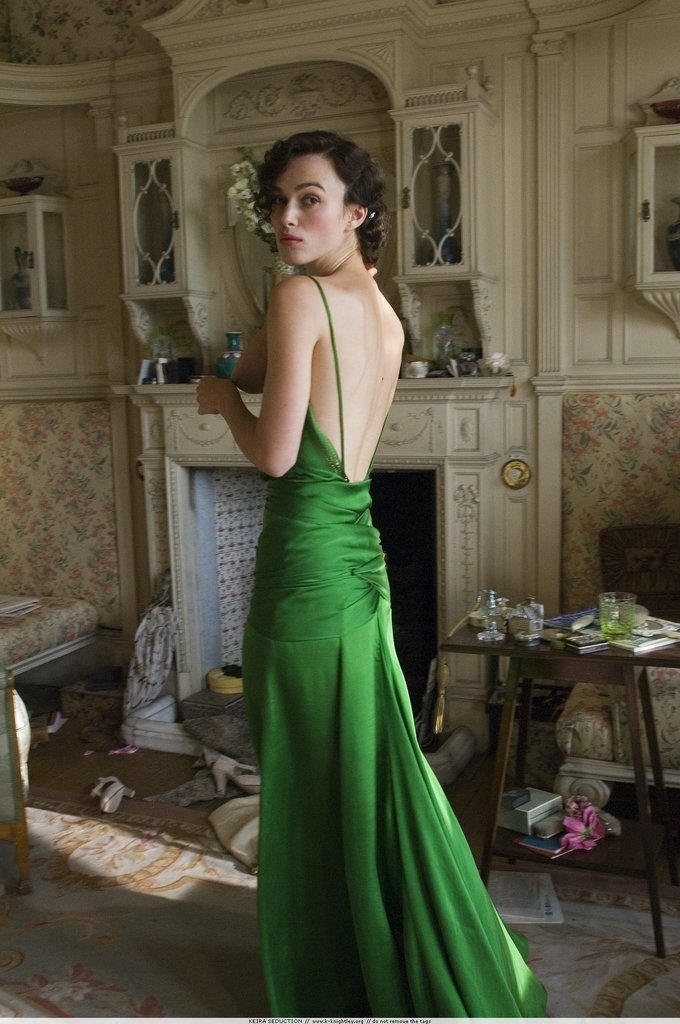
6. **Knightley’s Early Career and Implicit Queer Subtext in Roles**
Keira Knightley’s appeal to the LGBTQ+ community was not a sudden development but evolved over her career, beginning with roles that contained significant, if sometimes subtle, queer subtext. A prime example, as cited by a queer fan, is her portrayal of Jules Paxton in the early 2000s film *Bend It Like Beckham*. For a young audience, without “the vocabulary nor the awareness to articulate why the character of Jules Paxton made me feel seen or why her ‘friendship’ with Jess made my tummy flutter,” this role was profoundly impactful.
It was only later, with “access to the internet” and “open[ing] my eyes to the mere existence of homosexuality beyond Bible classes,” that the implicit became explicit. The fan realized that her “infatuation with the fictional footballer was due to the deep-set queer subtext of the character and her inherently lesbian traits.” This realization highlighted how early in her career, Knightley was already associated with narratives that spoke to queer audiences, even if not explicitly stated on screen. The emotional connection felt when “Jules and Jess locked eyes across the pitch” was a powerful, unspoken affirmation.
Beyond *Bend It Like Beckham*, Knightley continued to select roles that resonated with themes of strength, independence, and challenging societal norms, which often align with queer narratives. Her character in *Pirates of the Caribbean* was described as oozing “both beauty and power,” embodying a fierce autonomy that appealed to a broad audience, including those seeking strong female representation outside traditional romantic tropes. These early roles, while not overtly queer, laid the groundwork for a perception of Knightley as an actress who championed complex and empowering female characters.
The cumulative effect of these performances meant that by the time more explicit portrayals came along, Knightley had already cultivated a loyal following within the queer community. Her early work, characterized by these implicit undertones, fostered a deep-seated connection, making her a figure that many felt understood and represented them, even before she explicitly addressed LGBTQ+ issues in her public life or later roles. This history makes the current controversy particularly difficult for long-time fans to reconcile.
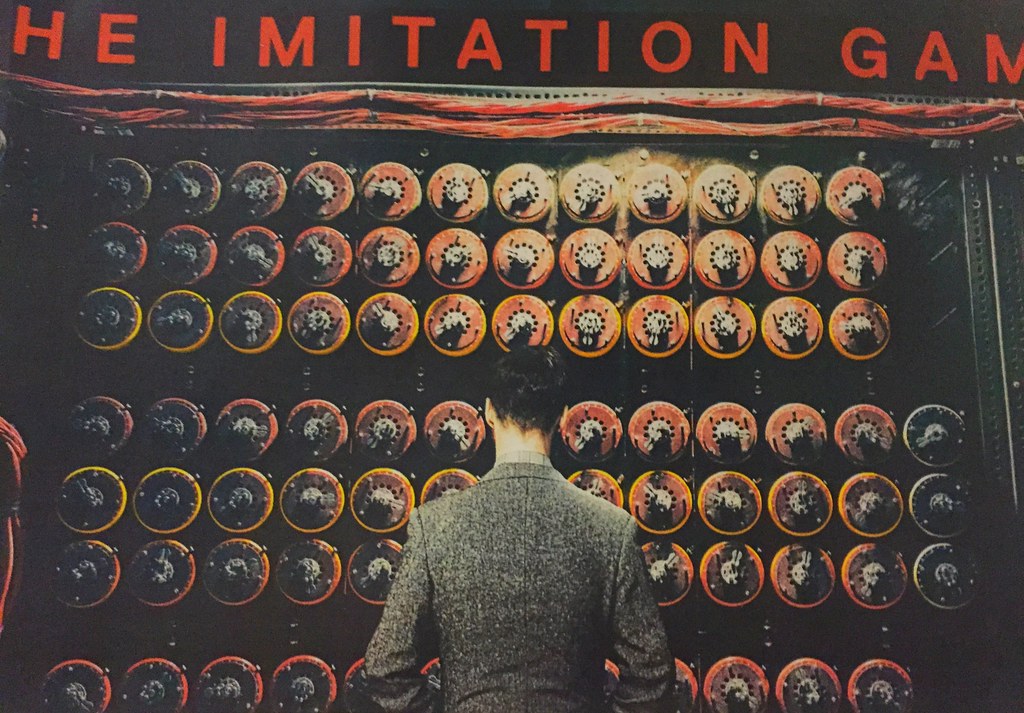
7. **The Evolution of Knightley’s Explicit LGBTQ+ Allyship**
Keira Knightley’s implicit queer subtext roles evolved into an explicit commitment to LGBTQ+ allyship, marking a “real turning point” for many queer fans. Her portrayal of Joan Clarke in 2014’s *The Imitation Game* exemplified this, as she acted as a “companion and confidante to Alan Turing (a mathematical genius who was prosecuted for homosexual acts).” This role, though not about her character’s sexuality, placed her firmly within a narrative of historical injustice against the queer community, resonating deeply.
However, it was her leading role in 2018’s *Colette*, a biographical drama about the bisexual French writer Sidonie-Gabrielle Colette, that truly solidified her image as an outspoken advocate. In this film, Knightley portrayed a figure known for her “rule-breaking artistry” and exploration of bisexuality on the page. During the film’s promotion, Knightley “never shied away from questions on queer topics, whether it be working with gay directors or expressing how she wanted the movie to open doors for other marginalised communities to raise their voices.”
Her allyship extended beyond her on-screen roles into her personal anecdotes and public statements. Knightley notably “recalled going to prom with a female friend, who was gay, as a teen,” and expressed “her outrage when they kissed on the night, only to find their photo wasn’t displayed on the wall as the others were.” She famously declared to Pride Source her conviction that “I thought it was bulls**t at the time,” and added, “I just remember thinking that was stupid, and I think I’ve thought that — always along the line — any discrimination against people because of their sexuality has been utterly ridiculous.”
This period marked a transition where Knightley was “no longer playing roles with an underlying ‘is she or isn’t she?’ tone.” She “had become intentional and explicit in her actions,” actively calling out for more LGBTQ+ stories to be heard. The refreshing presence of “someone of her stature in our corner on the press scene” was a source of immense pride and comfort. Her expressed delight at increasing her queer fanbase — stating she was “thrilled, so thrilled!” — further cemented her image as a dedicated and genuine ally. This history of advocacy is precisely why her involvement in the Harry Potter projects has sparked such intense disappointment and contradiction among supporters.
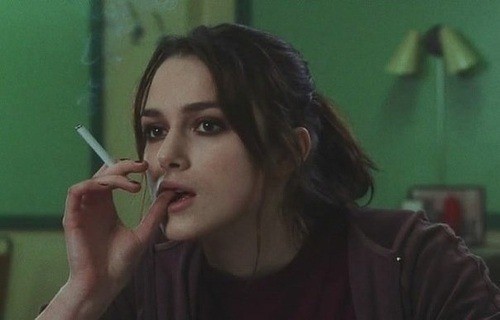
8. **The Perceived Shift in Knightley’s Stance and Financial Incentives**
Knightley’s decision to join the Harry Potter Audible series has been interpreted by a significant portion of her queer fanbase as a profound shift in her previously unwavering stance on LGBTQ+ allyship. For many, the announcement was not merely disappointing, but felt like a “particularly sharp knife through the heart,” signaling a perceived departure from the values she once championed. This sentiment encapsulates a broader concern that financial incentives may overshadow moral considerations within the entertainment industry.
The belief among alienated fans is that Knightley, by participating in this project, has inadvertently proven that “even the stars who appear to have the most unwavering morals and unshakeable voices of allyship can be bought out.” This interpretation suggests a cynical view of celebrity endorsements, where the financial benefits derived from projects linked to controversial figures are seen as a form of complicity. For “trans people who have the most to lose” from J.K. Rowling’s continued platform, this perceived commercial compromise carries significant weight, impacting real-world experiences.
Many articulate that it is “painful to discover that while she has been happy to take our money, even she has a price.” This critical perspective questions the sincerity of past allyship when confronted with lucrative opportunities. The implication is that if “the cheque is fat enough, that once booming, unflinching voice of solidarity can be easily silenced,” leaving vulnerable communities feeling abandoned by those they once admired and supported.
The fan who shared her personal betrayal directly confronted Knightley’s past declarations, asking: “At what point did this self-professed RuPaul’s Drag Race fanatic… decide to cast not only her gay fans aside, but our siblings in the community whose rights are under attack more so now than ever?” This highlights a stark contradiction between Knightley’s historical public statements, such as having “always had family with many gay friends,” and her current actions, arguing that her “words are no longer compatible with your behaviour.”
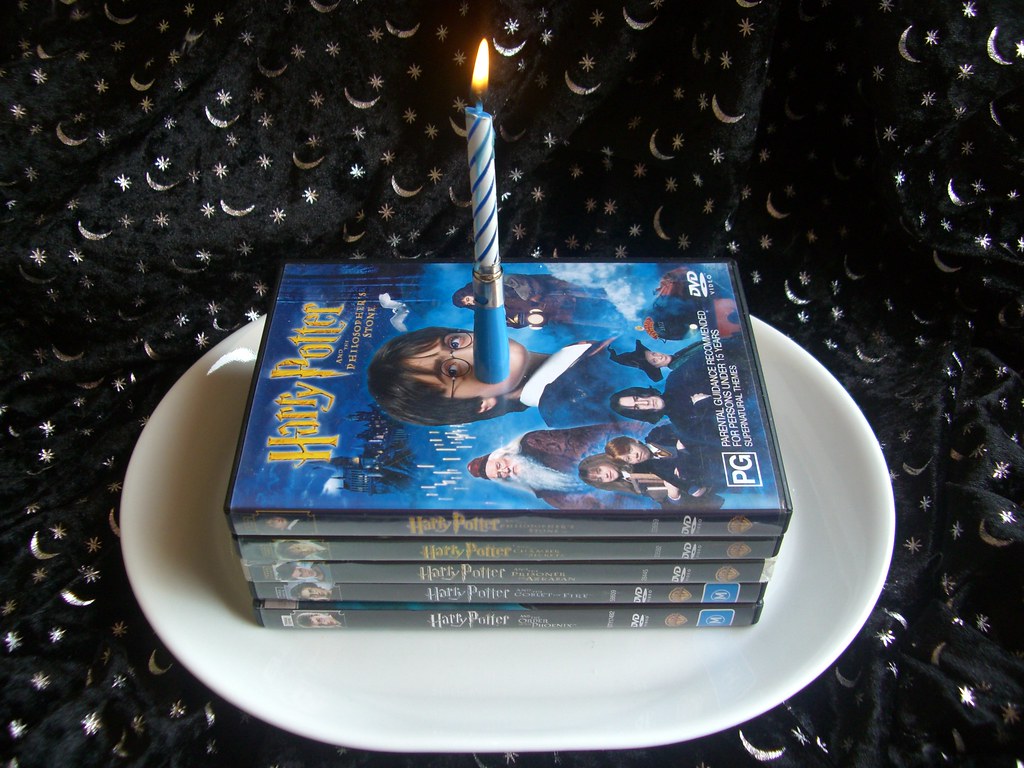
9. **The Broader Implications of the New Max TV Series Announcement**
Beyond the Audible series casting, the wizarding world of Harry Potter is set to expand significantly with a new Max original TV series, announced by the streaming service Max. This adaptation is slated to be a “faithful adaptation” of the original book series by J.K. Rowling, who will also serve as an executive producer for the decade-long production. This extensive commitment ensures that the franchise, and by extension its controversial creator, will remain a prominent fixture in pop culture for years to come.
The announcement of this new Max TV series, coupled with Rowling’s direct executive involvement, has intensified the existing debate. It underscores the commercial imperative driving the franchise’s continued expansion, even as the “magic may get overshadowed by J.K. Rowling’s past controversies.” For many, the existence of such a high-profile, long-term project signals a further endorsement of Rowling’s work and, implicitly, her platform.
This development has “reignited criticism of the ‘Harry Potter’ franchise’s legacy in the wake of Rowling’s anti-trans controversies.” It prompts a re-evaluation of how cultural institutions balance artistic and commercial interests with ethical responsibilities, particularly when creators’ personal views are widely perceived as harmful. The sheer scale and duration of the Max series mean that these debates are unlikely to dissipate anytime soon, cementing the franchise’s place at the center of ongoing cultural discourse surrounding creator accountability.
Read more about: The Dynasty Architect: Unveiling Kris Jenner’s Unexpected Rule and the Empire-Building Playbook Behind the Kardashian-Jenner Fortune
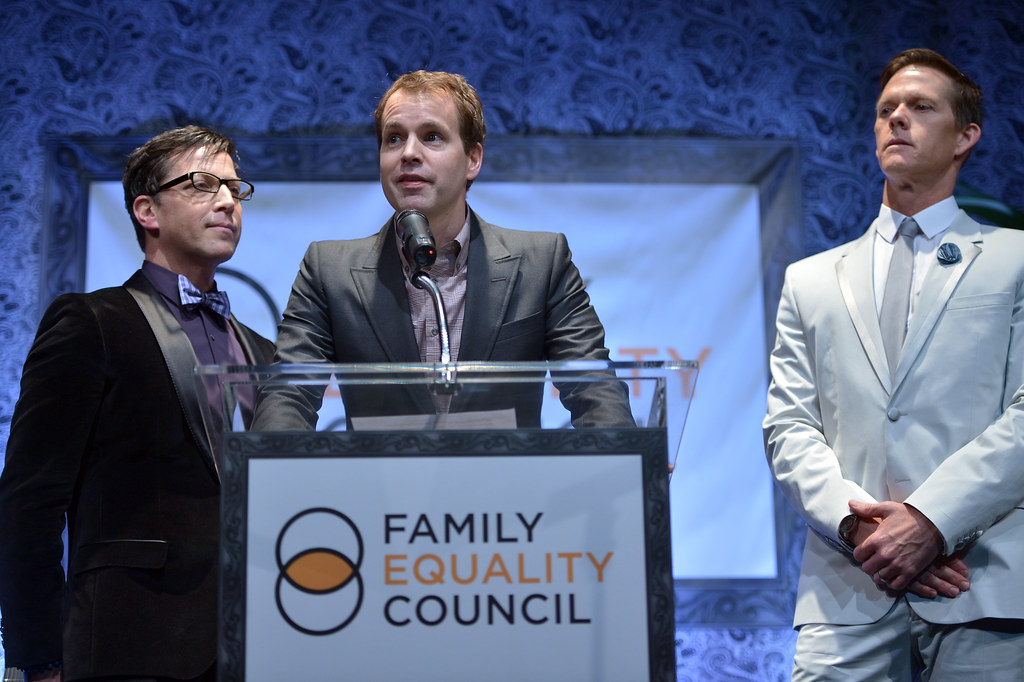
10. **HBO/Max’s Response to the Controversy**
Following Max’s presentation and the announcement of the new Harry Potter TV series, HBO CEO Casey Bloys faced direct questions regarding J.K. Rowling’s role and her controversial views on transgender people. During a Q&A session, Bloys declined to engage with the specifics of Rowling’s personal opinions or the public reception surrounding them, stating, “I don’t think this is the forum.” He characterized the discussion as “a very online conversation, very nuanced and complicated and not something we’re going to get into.”
Bloys’ response effectively sidestepped the ethical concerns, indicating that the company’s primary focus was on the production itself. He emphasized that their “priority is what’s on the screen,” suggesting a separation between the creator’s personal views and the artistic output. This stance reflects a business decision to insulate the commercial viability of the franchise from the ongoing cultural and social debates, focusing instead on delivering the content to a global audience.
Furthermore, Bloys elaborated on Max’s commitment to the core themes of the Harry Potter narrative, asserting that “the ‘Harry Potter’ story is incredibly affirmative and positive and about love and self-acceptance.” He reiterated, “That’s our priority: what’s on screen.” This statement aimed to reaffirm the positive messages inherent in the original stories, positioning them as paramount over any external controversies, even as critics argued that such a focus ignored the real-world implications of supporting Rowling’s platform.
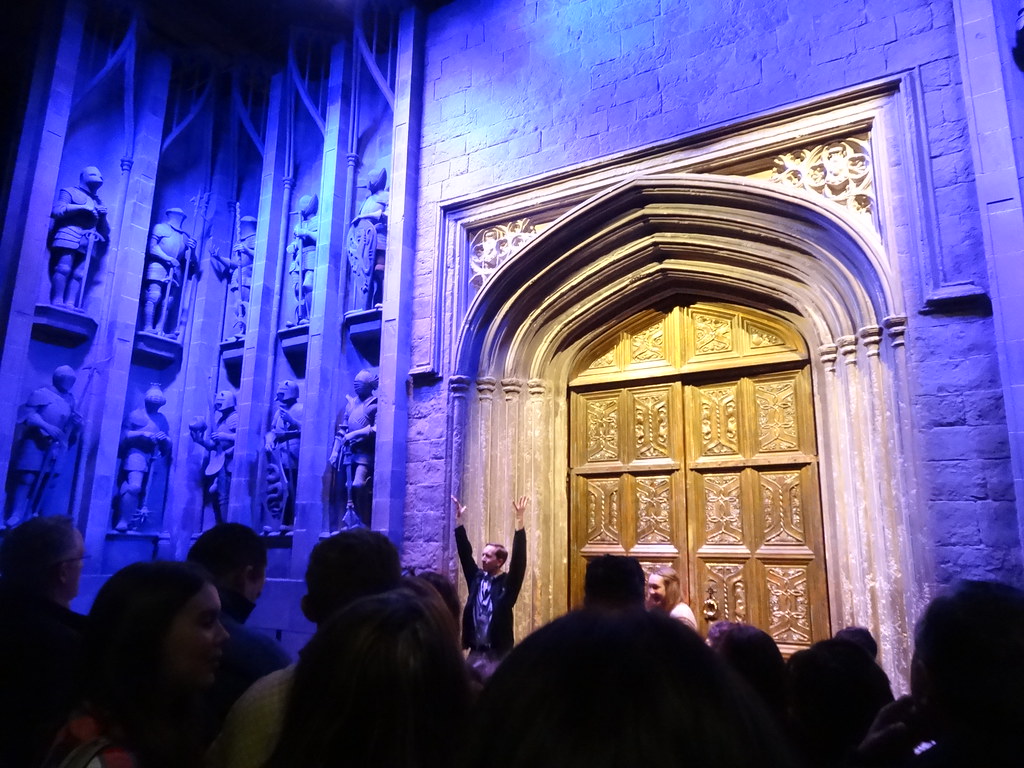
11. **Widespread Social Media Criticism of Max TV Series**
The announcement of Max’s new Harry Potter TV series immediately triggered a wave of “dissatisfaction with the series’ endorsement of Rowling’s work” across social media platforms. Fans and critics alike swiftly voiced their concerns, highlighting the perceived ethical compromises involved in further monetizing a franchise associated with J.K. Rowling’s anti-trans sentiments. This swift and vocal backlash demonstrated the intensity of feeling within the online community regarding the issue.
One prominent sentiment, articulated by Twitter user @dontblameklara, argued that “The moral thing (for Max) to do would be to not contribute to that franchise’s hold over pop culture.” The user further elaborated that this was especially pertinent “not while (its) transphobic author is still using that platform to advocate against trans people just, like existing?” This pointed criticism underscores the belief that supporting the franchise directly funds and empowers Rowling’s controversial views, making it a moral imperative to disengage.
Other social media users echoed these strong condemnations, with comments such as user @asavagegarden labeling Rowling a “terf” (an acronym for ‘trans exclusionary radical feminists’) and stating, “Anyone who supports this is siding with transphobes.” The starkness of this language reflects the profound division and the sense of an unavoidable ethical choice for consumers. Additionally, user @thebeepthemeep tweeted, “My harry potter says trans rights!” alongside a video of Daniel Radcliffe, signaling a clear alignment with trans inclusivity in direct opposition to Rowling’s stance.
Read more about: The Dynasty Architect: Unveiling Kris Jenner’s Unexpected Rule and the Empire-Building Playbook Behind the Kardashian-Jenner Fortune
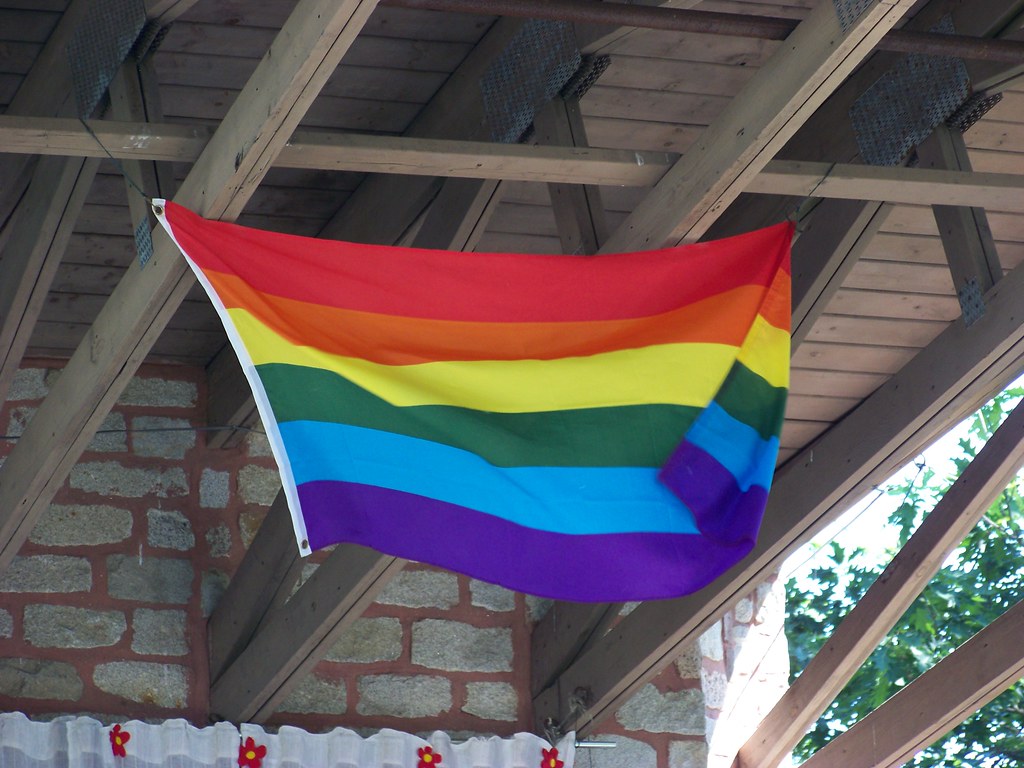
12. **The Enduring Impact on LGBTQ+ Fans – A Source of Comfort and Empowerment Challenged**
For decades, the Harry Potter series served as a foundational source of “comfort and empowerment for countless readers of all ages around the world,” particularly resonating with members of the LGBTQ community. The narratives of acceptance, standing against prejudice, and finding one’s chosen family provided solace and inspiration, deeply embedding the wizarding world into the identities of many queer fans. This profound connection is now severely fractured by the author’s public statements.
J.K. Rowling’s controversial views on the trans community have, for many, “created a strained relationship for longtime queer fans.” What was once a unifying and affirming cultural touchstone has become a source of internal conflict and deep disappointment. Fans grapple with reconciling their love for the fictional world with the real-world harm they perceive from its creator, leading to a sense of betrayal and alienation from a narrative that once offered them solace.
Transgender author Kacen Callender articulated the emotional and psychological toll, stating in July 2020 that they were “scared to think about the people who might have loved ‘Harry Potter’ and thought about it the same way and then to see their idol come out and say that they’re not worthy.” Callender further emphasized the tangible dangers, asserting, “I do think that giving her any sort of platform is potentially life-threatening and dangerous,” highlighting the grave consequences of celebrity anti-trans sentiments for vulnerable individuals.
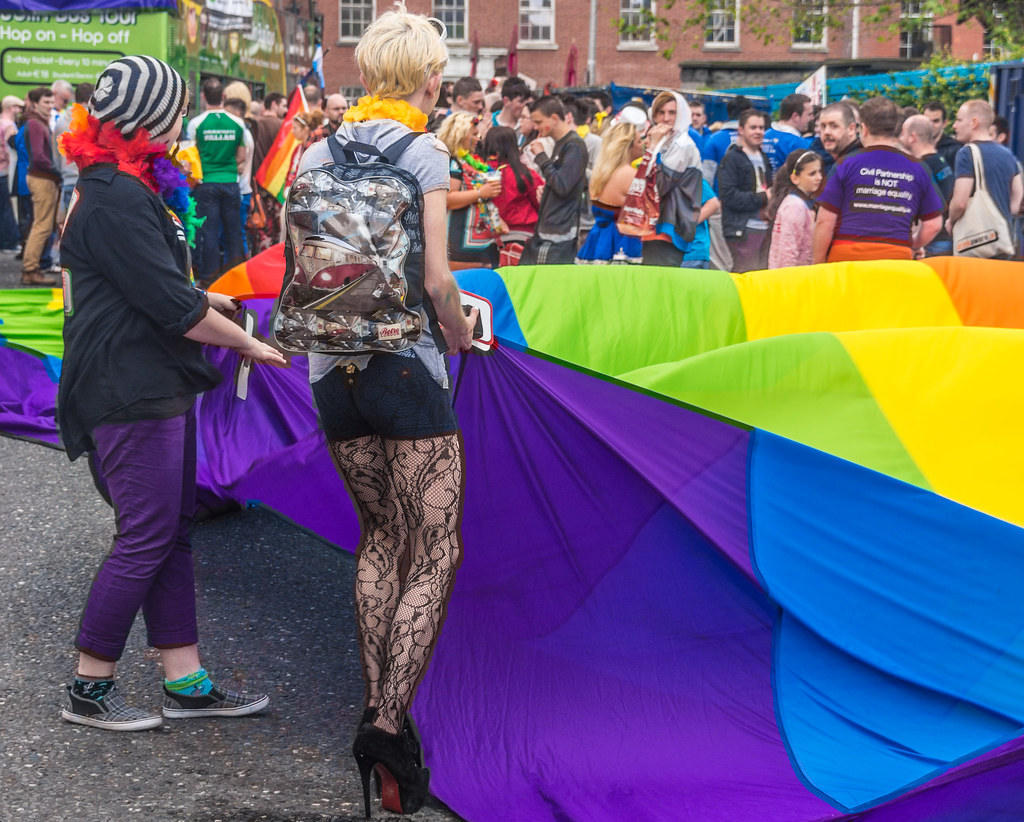
13. **The Broader Issue of Celebrity Transphobia and its Real-World Consequences**
The controversy surrounding J.K. Rowling is not an isolated incident but forms part of a larger, troubling trend of celebrity transphobia within the entertainment industry. Other prominent figures, including Ricky Gervais, Dave Chappelle, and Bette Midler, have also faced significant “scrutiny for their transphobic comments,” illustrating a wider pattern of influential individuals using their platforms to express views that are widely criticized as harmful to the trans community.
Rodrigo Heng-Lehtinen, executive director for The National Center for Transgender Equality, addressed this pervasive issue, explaining that “celebrities expressing anti-trans sentiments online and through their work can send a message that it’s OK to target trans people in the real world.” This analysis underscores the potent influence of public figures, whose words and actions can directly contribute to a social climate where prejudice and discrimination against transgender individuals are normalized or even encouraged.
Heng-Lehtinen emphasized the gravity of the situation, stating, “The stakes are high, but sometimes those who are unfamiliar with real transgender people can’t see or understand how harmful their words and actions are to these real people.” This highlights a critical disconnect between the celebrity platform and the lived experiences of transgender individuals, where seemingly abstract online comments can translate into tangible, negative consequences for real people struggling for acceptance and safety.
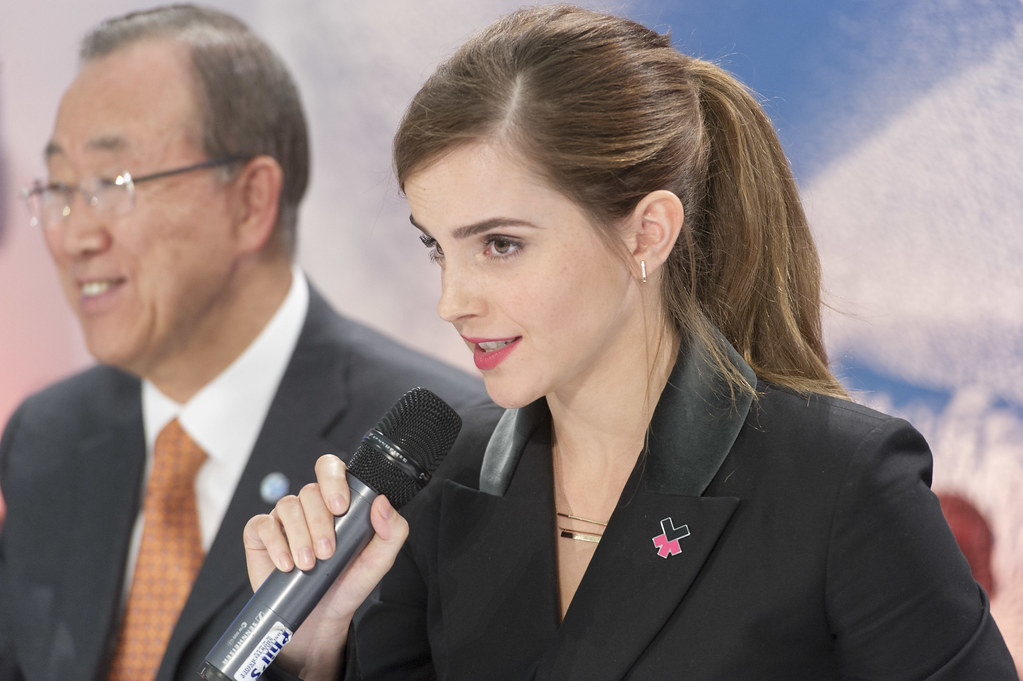
14. **The Call for Accountability and the Stakes of Celebrity Influence**
For public figures, especially those who have cultivated a loyal and adoring queer fanbase, being “revered and cherished by a queer fanbase is a privilege.” This privilege, as critics argue, comes with an inherent responsibility to uphold the values that foster such a connection. The expectation is that such support should not be taken for granted, nor blindly assumed to be unconditional in the face of actions that contradict shared principles.
In the current volatile political and social climate, where the rights and safety of transgender individuals are increasingly under attack, the solidity of celebrity support is constantly tested. As one commentator starkly put it, this support “is not, nor can it be in the current political and social climate” unconditional. Every decision by a public figure to engage with or financially benefit controversial entities is scrutinized for its potential impact on marginalized communities.
The ongoing Harry Potter casting and adaptation controversies serve as a potent reminder of the profound impact celebrity influence wields. They compel a critical re-evaluation of ethical boundaries in creative industries and the enduring responsibilities of public figures to the communities that elevate them. As the wizarding world continues to expand, so too will the urgent questions about how entertainment reconciles its commercial ambitions with its moral obligations, particularly in an era where words and actions carry real-world consequences for real people.
The magic of Harry Potter once stood as a beacon of acceptance and hope for many, yet it now finds itself entangled in a complex web of modern-day ethical dilemmas. The choices made by actors, executives, and the author herself continue to shape its legacy, forcing audiences to confront not just what they consume, but what values they are willing to endorse through their engagement. The conversation is far from over, and its outcome will undoubtedly resonate for years to come.
Read more about: The Dark Underbelly of Stardom: 14 Celebrities We Worshiped Who Are Now Tarnished



